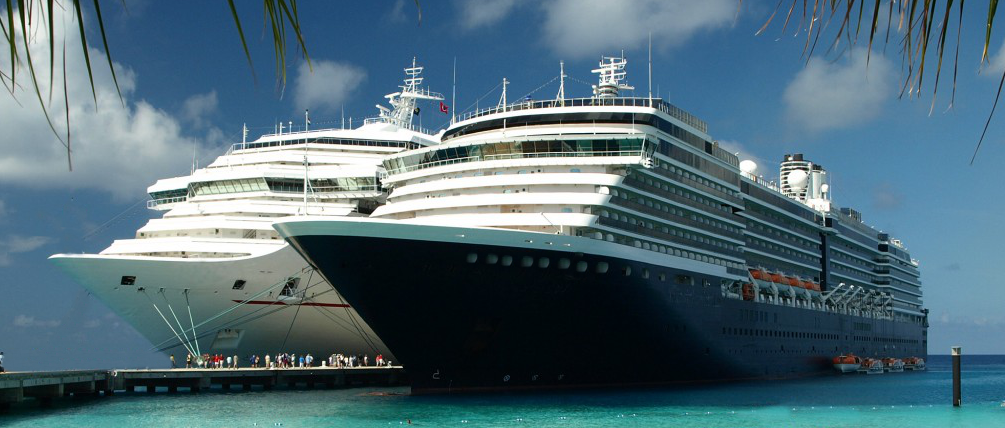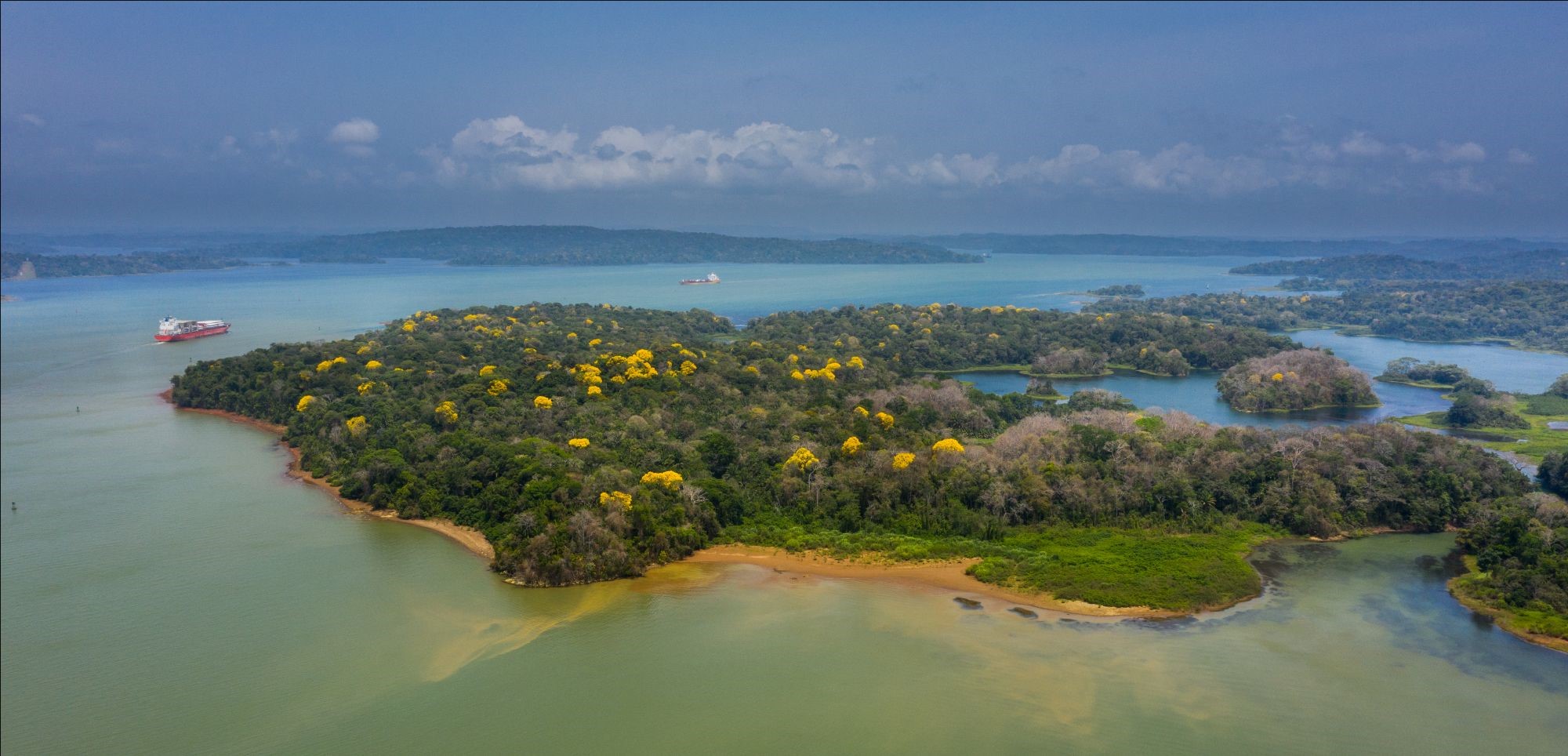The European Union has backed a € 11 million project to build ships measuring more than 50 meters in length (including inland vessels) using only composite materials called Fiber Reinforced Polymers (FRP).
The project is named Fibreship and was approved under the European Union Research and Innovation Framework Program HORIZON 2020. It will develop new guidelines for the design and production of FRP vessels, new inspection methods and software tools.
The project is aimed at the design and application of performance indicators in the evaluation of the different solutions developed for different categories of ships: Light commercial vessels (container ships, LNG, RoRo vessel, among others). Passengers and recreational vessels (yachts, ferries, mega yachts) and special service vessels (oceanographic vessels, fishing vessels, rescue vessels, supply vessels, etc.).
Each category of vessel will have a comprehensive guide to prepare guides and regulations for all types of ships. The different technologies generated in Fibreship will be tested and validated by means of advanced techniques of simulation and experimental tests in order to test its efficiency.
In this sense, Raúl Salinas (TSI Engineering PYME), project manager and coordinator, said that a prototype will be manufactured that can be tested, especially regarding the critical functional characteristics of the new materials.
Salinas says, that this project represents an innovative challenge that is technically feasible and gives the European naval industry and the fishing industry the opportunity to collect data on large composite vessels. Through this avant-garde project will evaluate an innovative solution with intumescent Nanoparticles, along with various biomaterials and fiber recycling that may be more profitable than the current materials used for the construction of structural elements.
Shipbuilding with the new FRP materials and the construction processes proposed by Fibreship will improve the efficiency of ships, both in terms of energy consumption and maintenance costs, offering better solutions for merchant ships as a whole.
The most salient benefits include reducing vessel structural weight by 30% to 40%. Fuel savings from 10% to 15%. Increased load capacity by approximately 12%. Reduction of maintenance costs by 30%. Saving operating costs between 7% for medium container ships and 3% for larger vessels.
On the other hand also can be seen benefits in the increase of the proportion of recycling of the present 34% to 75%. Contribution of greater stability of the ships, substantial reduction of the gases of greenhouse effect, continuous monitoring of the structure of the boat. With FRP materials there’s no corrosion, better underwater acoustic signature and a more attractive aesthetic.
Fibreship is an international consortium of 18 organizations from 11 countries (Cyprus, Denmark, Finland, France, Great Britain, Greece, Hungary, Ireland, Italy, Romania and Spain). This project is seen as a business opportunity between companies and other stakeholders in the European naval industry. Shipbuilding with FRP materials represents a greater competitiveness of European vessel operators in the global market.



